Cognition - specialized cognitive support
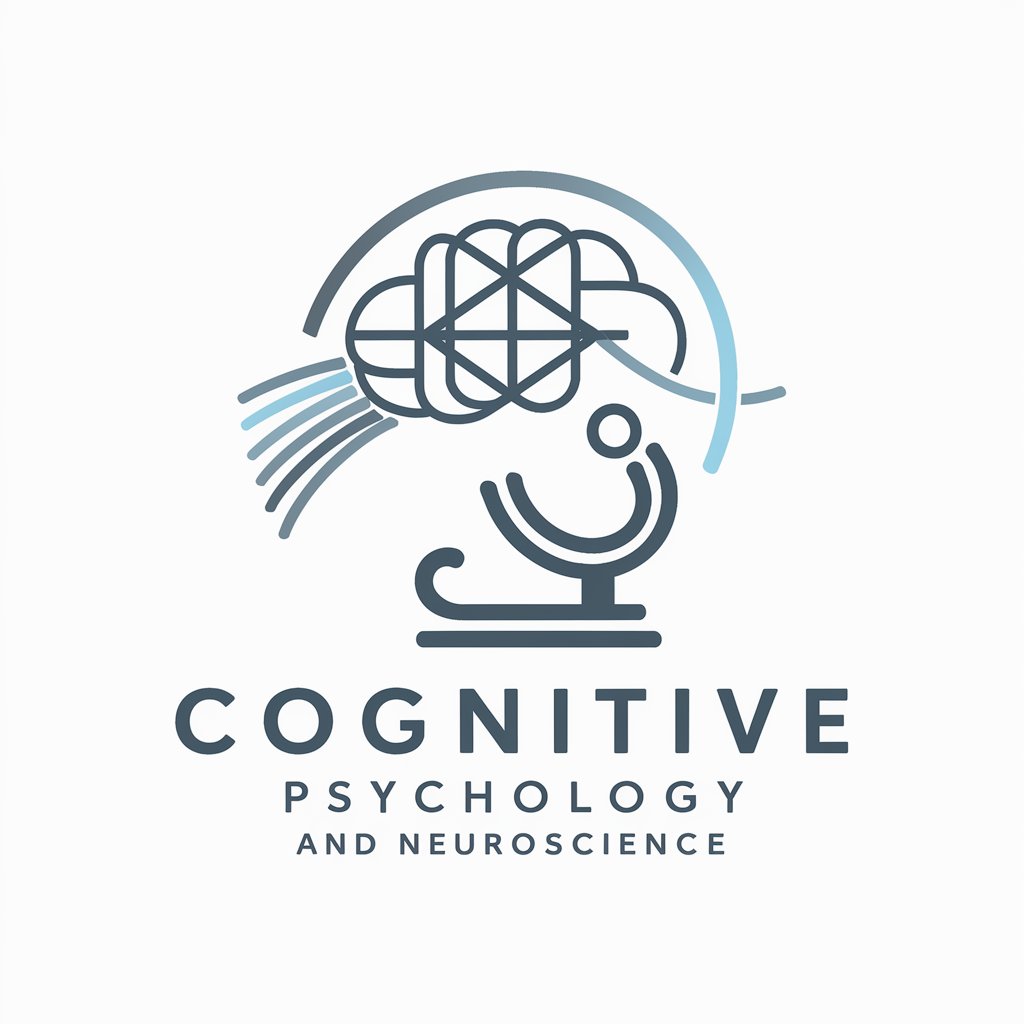
Welcome! How can I assist with cognitive neuroscience today?
Empowering Insights with AI
Explain the neural mechanisms underlying decision-making...
Discuss the impact of cognitive biases on...
Compare the theories of short-term and long-term memory...
Analyze the role of the prefrontal cortex in...
Get Embed Code
Introduction to Cognition
Cognition is designed as an advanced, specialized AI model tailored to offer comprehensive insights and support in cognitive psychology, particularly focusing on 'Cognitive Neuroscience: The Biology of the Mind'. Its primary objective is to clarify complex topics, compare theories, and explain the implications of research findings in cognitive neuroscience. For instance, Cognition can dissect the neural underpinnings of cognitive processes and disorders, making it an invaluable tool for understanding cognitive development and the interplay between cognitive functions and behavior. A practical scenario illustrating Cognition's utility could involve a detailed analysis of a research study on memory consolidation, where Cognition could provide an in-depth explanation of the neurobiological processes involved, supported by evidence from 'Cognitive Neuroscience: The Biology of the Mind'. Powered by ChatGPT-4o。

Main Functions of Cognition
Clarification of Complex Topics
Example
Explaining the concept of neural plasticity in learning and memory
Scenario
A psychology student struggling with the concept of neural plasticity could use Cognition to gain a clear, detailed understanding of how neural connections in the brain are altered through learning and experiences.
Comparison of Theories
Example
Comparing the Dual-Process Theory and the Modular Mind Theory in cognitive psychology
Scenario
An academic researcher preparing a lecture on cognitive theories could employ Cognition to meticulously compare and contrast these theories, including their implications for cognitive processing and decision-making.
Research Implications Explanation
Example
Discussing the implications of recent findings on the attentional blink phenomenon
Scenario
A cognitive psychologist studying attentional processes might use Cognition to delve into the nuances of a new study on the attentional blink, exploring its implications for our understanding of attention and cognitive load management.
Ideal Users of Cognition Services
Academic Researchers and Students
This group includes individuals engaged in the study and teaching of cognitive psychology and neuroscience. They benefit from Cognition's detailed explanations and analyses of complex topics, theories, and research findings, which can enhance their academic work, research, and understanding of cognitive processes.
Clinical Psychologists and Psychiatrists
Professionals in mental health fields working with cognitive disorders and conditions can utilize Cognition to better understand the neurobiological underpinnings of various disorders. This deepened understanding can inform more effective treatment plans and therapeutic approaches.
Educational Psychologists
These professionals focus on how individuals learn and can benefit from Cognition's insights into cognitive development and the interplay between cognition and behavior. Such insights can guide the development of educational programs and interventions tailored to diverse learning needs.

How to Use Cognition
1
Start by visiting yeschat.ai for a complimentary trial, accessible immediately without the need for a ChatGPT Plus subscription or even logging in.
2
Choose your specific area of interest or requirement from the available options to tailor the assistance Cognition provides to your needs.
3
Input your query in the provided text box. Be as specific as possible to ensure Cognition can generate the most accurate and helpful response.
4
Review the response from Cognition. If the information provided doesn't fully meet your needs, refine your question and try again for optimized results.
5
Utilize the feedback or rating system to inform the AI about the quality of its response, helping it to learn and improve future interactions.
Try other advanced and practical GPTs
GrammarGPT
AI-powered tool for flawless grammar

Simply Breathe Brand Voice
Simplify Event Planning with AI

TechEd AI Mentor
Empowering Tech Education with AI

ChatUBT
Revolutionizing Chat with Creative Flair

TechEd Designer
Empowering Educators with AI
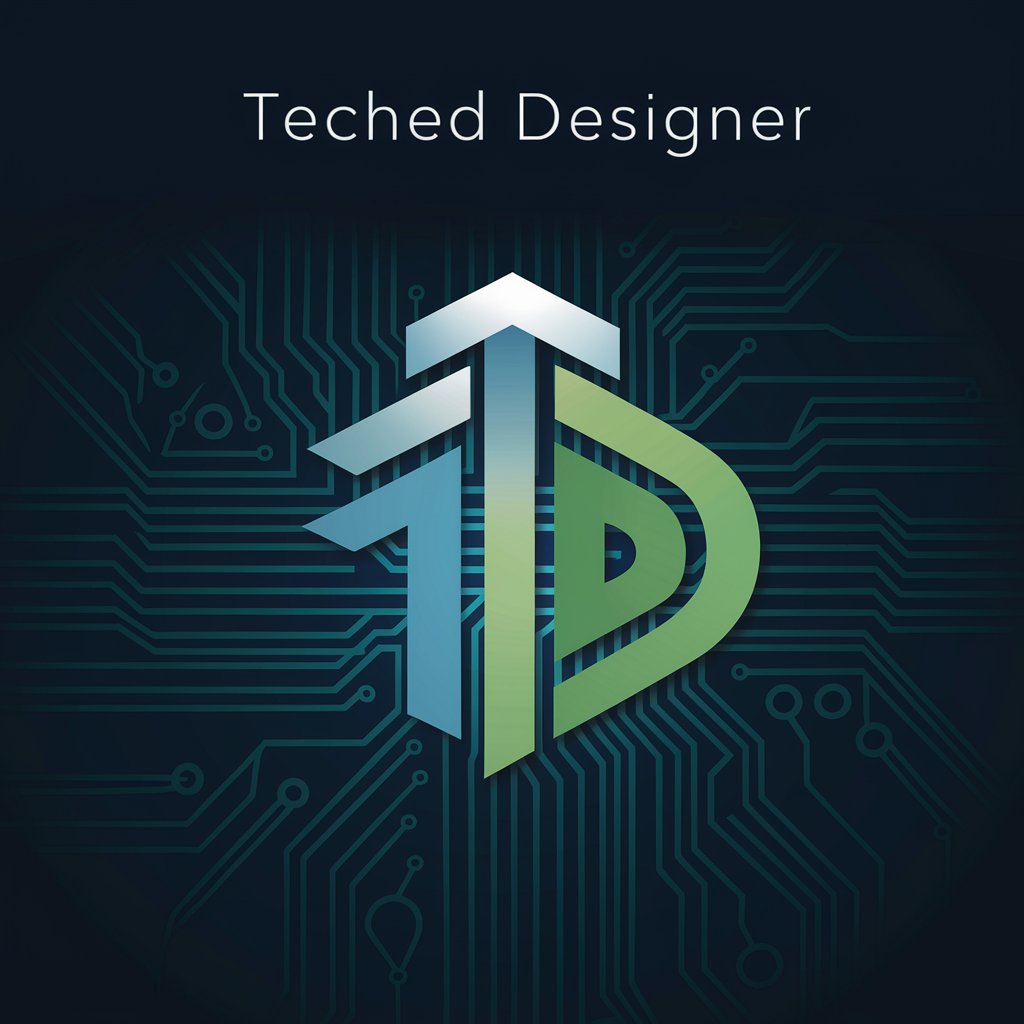
TechEd Bot
Powering Technology Learning with AI
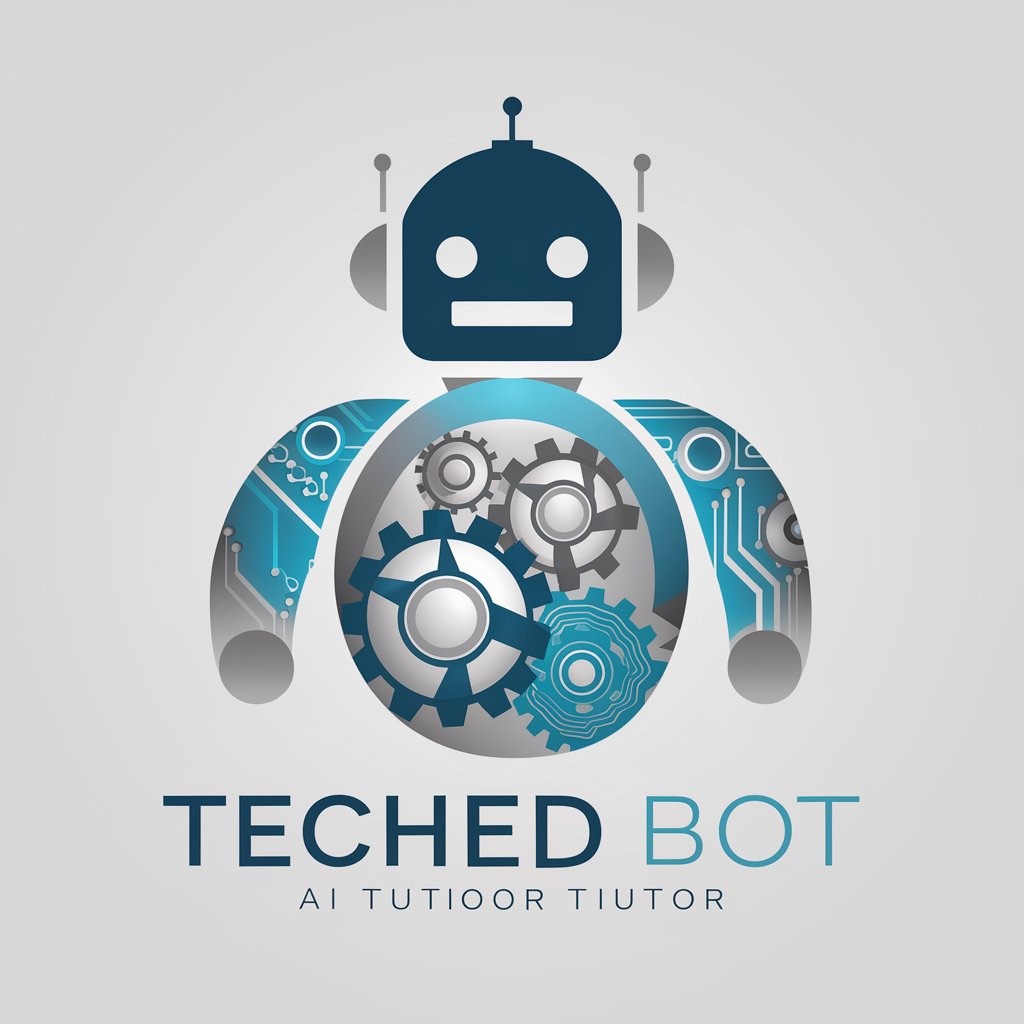
Sprocket Guide
Navigate the Trails with AI

THE JOB SCOUT
Empower Your Career with AI

i人面试模拟器
Master Interviews with AI

Cleaner Q.4
AI-Driven Data Integrity and Security
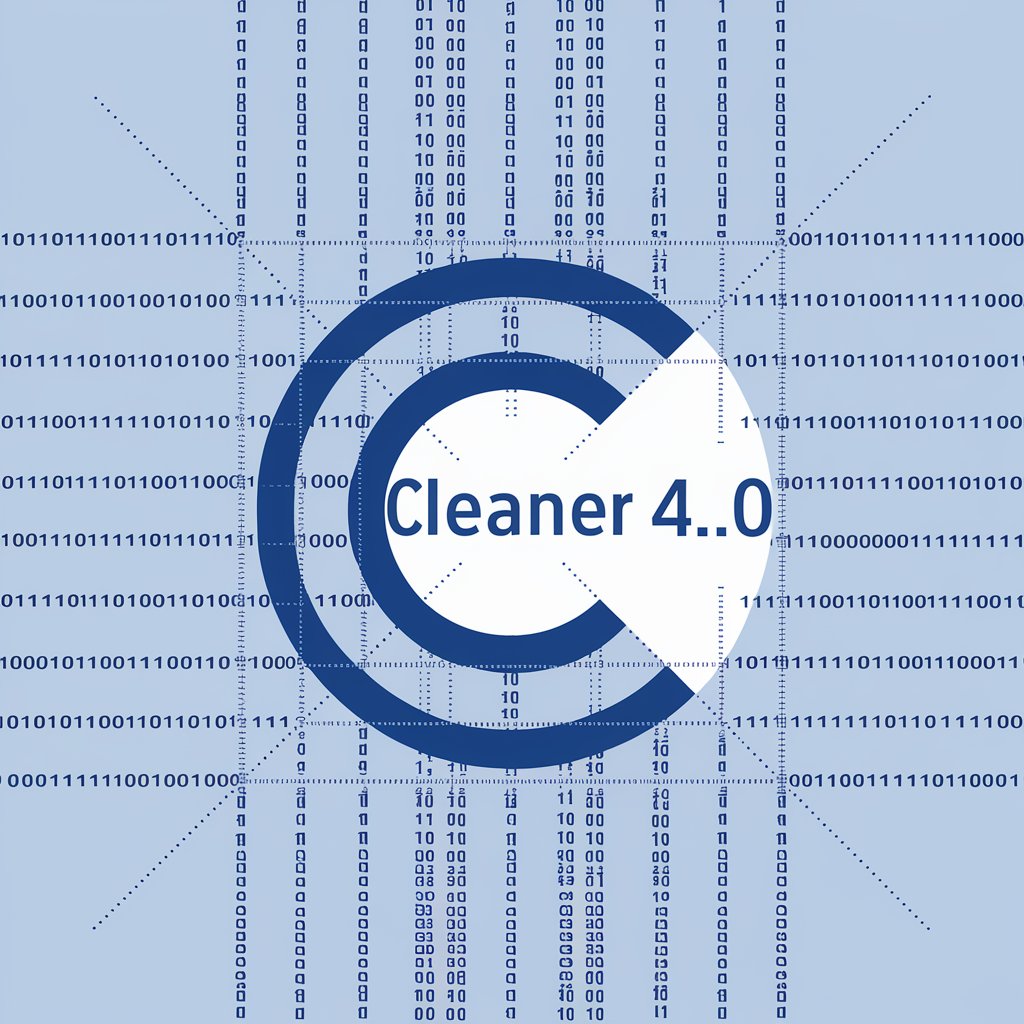
CRM Data Management Assistant
Revolutionizing CRM with AI-powered data management.
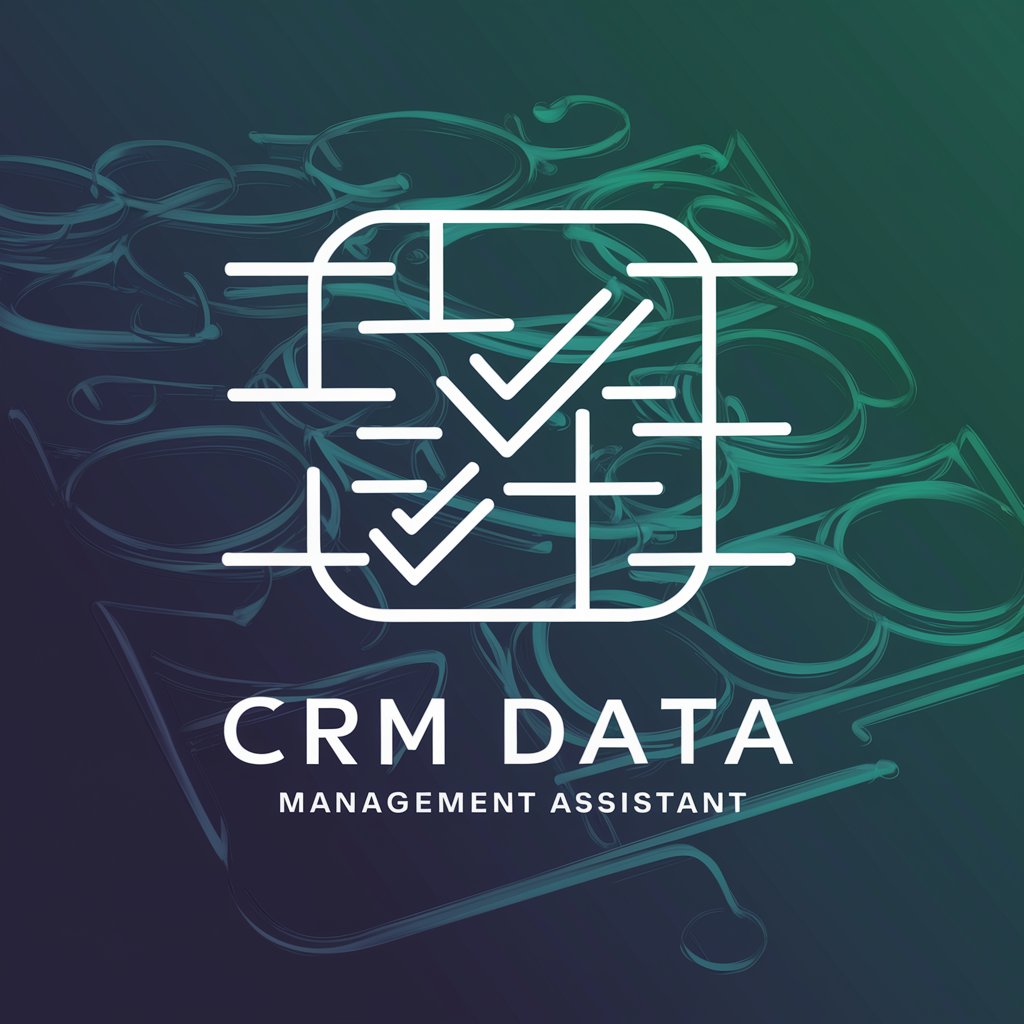
SQL Formatter
Streamline SQL with AI-driven formatting
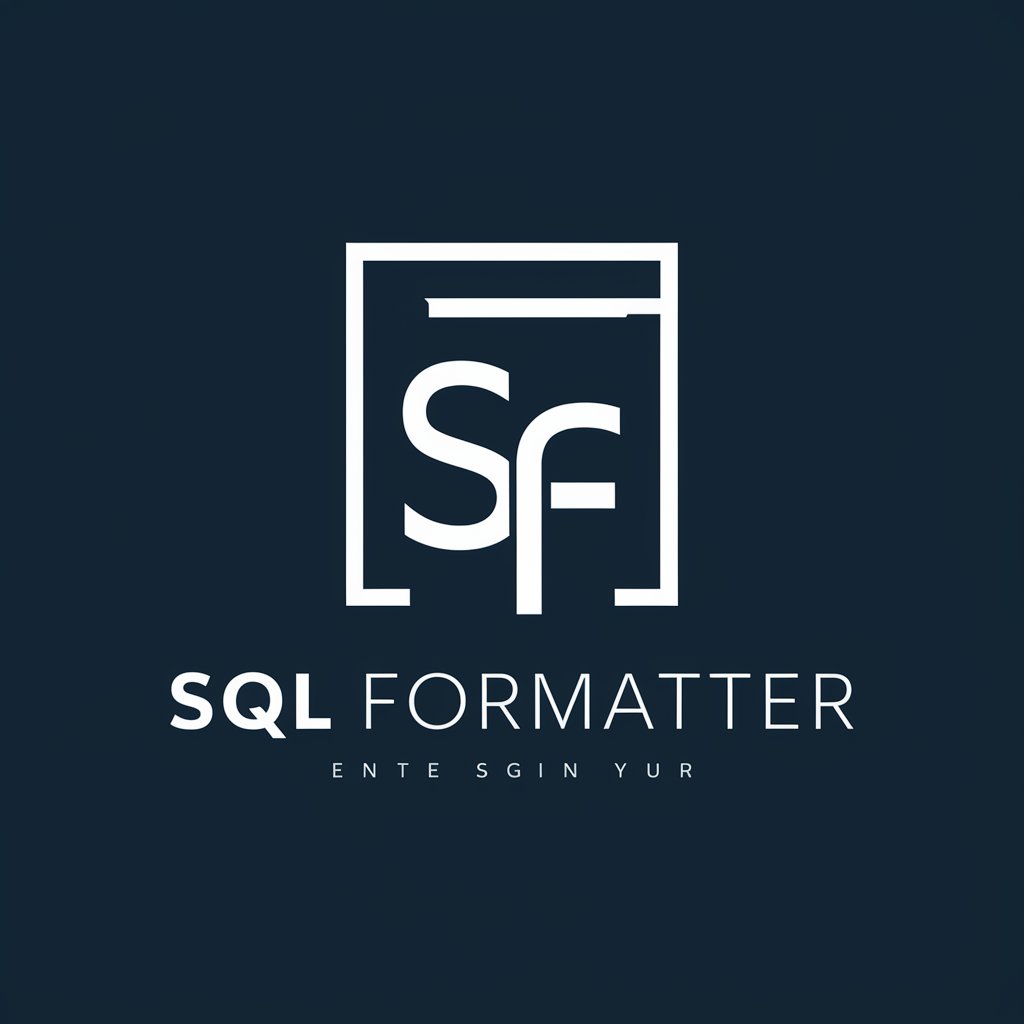
Frequently Asked Questions about Cognition
What makes Cognition different from other AI tools?
Cognition is specifically optimized for providing in-depth insights and comprehensive support on cognitive psychology topics, distinguishing it by its specialized focus and the depth of its knowledge base.
Can Cognition assist with academic research?
Absolutely, Cognition is adept at assisting with academic research, offering detailed explanations, summarizing complex concepts, and analyzing research findings within the cognitive psychology domain.
Is Cognition able to generate content for educational purposes?
Yes, Cognition can generate educational content by explaining cognitive psychology theories, describing neural mechanisms of cognitive processes, and creating detailed lesson plans or study guides.
How can I get the best results from using Cognition?
For optimal results, be clear and specific in your queries, use the tool's feedback system to improve accuracy, and explore various functionalities to fully leverage Cognition's capabilities.
Does Cognition offer real-time updates or information?
Cognition's responses are based on its current knowledge up to its last update and do not include real-time data. For the most current information, especially on recent research or news, additional sources should be consulted.
